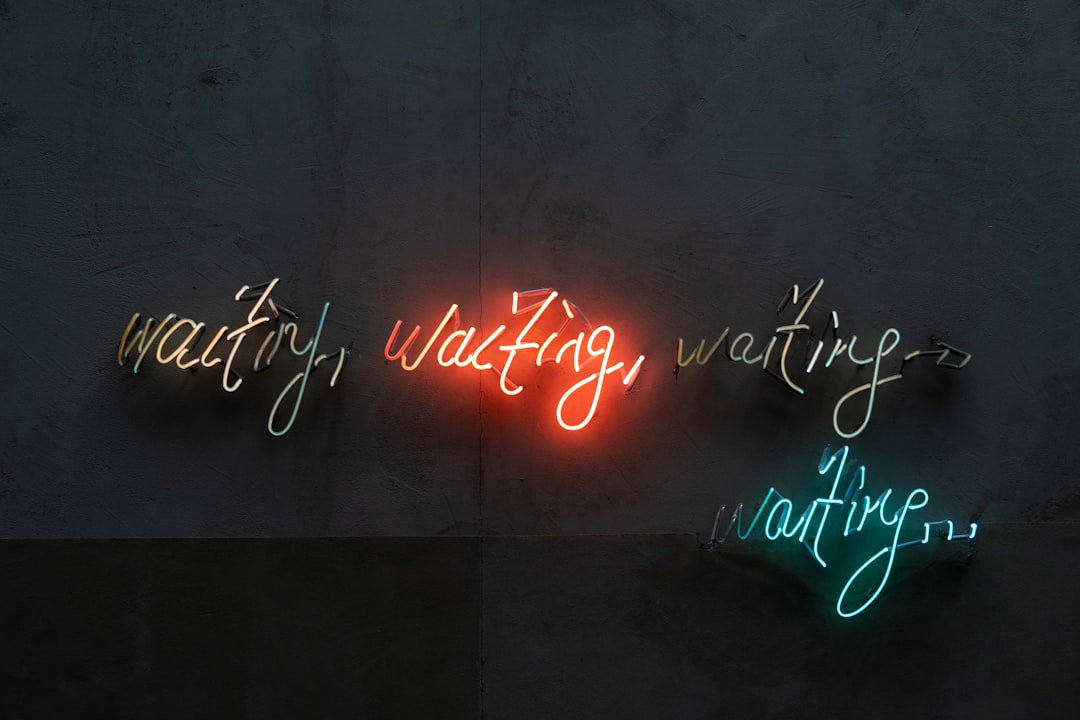February PNP Roundup
Last Month in Review
Greetings, dear readers! This past month, most of my PNP newsletters have been focused on comradery—sharing words of support, reminding you that you’re not alone, and offering a little guidance for when you’re ready to find your way back to writing in troubled times.
More than anything, I hope you’re taking good care of yourself, your loved ones, and your community. The writing will be there when you’re ready, and in the meantime, I’m here to offer encouragement, resources, and a steady reminder that your work—and your well-being—matter.
As for me, I both feel a bit removed from the chaos that is the U.S. right now living in Europe, but also just as fearful as the next concerned American and global citizen. I described it like this to some folks recently: I don’t feel the same physical weight on my body that the stress of the moment brings, but intellectually, my mind is hyper-aware of what is happening.
It’s a strange in-between space—one that makes me grateful for distance in some ways, yet deeply aware that distance doesn’t mean I am immune to the effects of this administration.
As always here at the end of the month, I have compiled a list of some of my favorite writing, productivity, and time management resources from the last month. Some of this content is new, some of it is old, but all of it has kernels of wisdom for busy academic writers
1. These are the Publish Not Perish posts from February, in case you missed any:
2. In keeping with my theme this month, I really appreciated Loleen Berdahl and Christie Schultz's article about teaching during these overwhelmingly difficult times. So many of us are struggling with how to show up authentically in our classrooms while we're all processing climate anxiety, political turmoil, and the lingering effects of the pandemic. What I love about their approach is that they don't sugarcoat anything—they meet the moment head-on.
My favorite quote from their piece really stuck with me:
Hope is not blind optimism in the face of overwhelming evidence to the contrary. Instead, it's a conscious decision to acknowledge reality while nurturing meaning, purpose, and connection in our classrooms and our lives.
Whether you're teaching a full course load, trying to carve out writing time, or simply getting through each day, this gentle reminder that we can acknowledge the heaviness while still finding purpose feels like exactly what we need right now.
3. I loved this episode of Jane Jones's Academic Book Writing Simplified podcast, where she busts the myth we all cling to—that sabbaticals will magically solve our writing woes. Sound familiar? We've all been there, thinking, "I'll finally write my book when I get that fellowship" or "My dissertation needs uninterrupted time I just don't have right now."
Jones gently but firmly pushes back on this thinking, reminding us that pinning all our hopes on these rare blocks of time often leads to disappointment. Instead, she recommends that we broaden our writing approach to include times other than the coveted focus time during a sabbatical and build momentum in our regular writing lives.
This resonated deeply with me because I see so many academics holding their breath for that sabbatical or fellowship that will give them focused time to work when they cannot find it during the semester.
I also wrote about this idea here:
4. I read Luciana Paulise's Forbes article about the "brain dump" technique and remembered why I recommend it to overwhelmed coaching clients. The process is beautifully simple—just grab paper and pen, set a timer for 10-15 minutes, and write down absolutely everything swirling in your mind without judgment or organization. I've found this especially helpful for those with ADHD brains who might be holding dozens of thoughts simultaneously without a system to process them.
For those of us juggling research, writing deadlines, and everyday life responsibilities, this practice feels like a gentle reset button. I've experienced its benefits firsthand when I sit down to write but can't focus because my mind is jumping between unrelated thoughts. A quick brain dump before starting my writing session helps clear mental space.
The best part? After emptying your mental clutter, you can start organizing these thoughts into categories and prioritizing what actually needs your attention. Sometimes the simplest practices make the biggest difference.
5. This article (based on their book) by Teresa Amabile and Steven Kramer feels more relevant than ever for academic writers. Their research revealed something I've observed countless times: our most positive and productive days aren't determined by external rewards or recognition but by making meaningful progress in work that matters to us. They call this the "progress principle," and it explains why even tiny steps forward on a writing project can dramatically boost motivation.
What I love about this perspective is how it shifts our focus from the overwhelming end goals (finishing the dissertation, publishing the book) to the small daily actions that actually get us there. When my clients feel stuck or demoralized, we often work on identifying the smallest possible "next step" they can take—even if it's just opening the document or writing a single paragraph.
These small wins create a positive feedback loop that fuels further progress. So if you're feeling stalled on a writing project right now, ask yourself, "What's the smallest meaningful step I could take today?" That tiny bit of progress might just be the catalyst you need to regain momentum and joy in your work.




